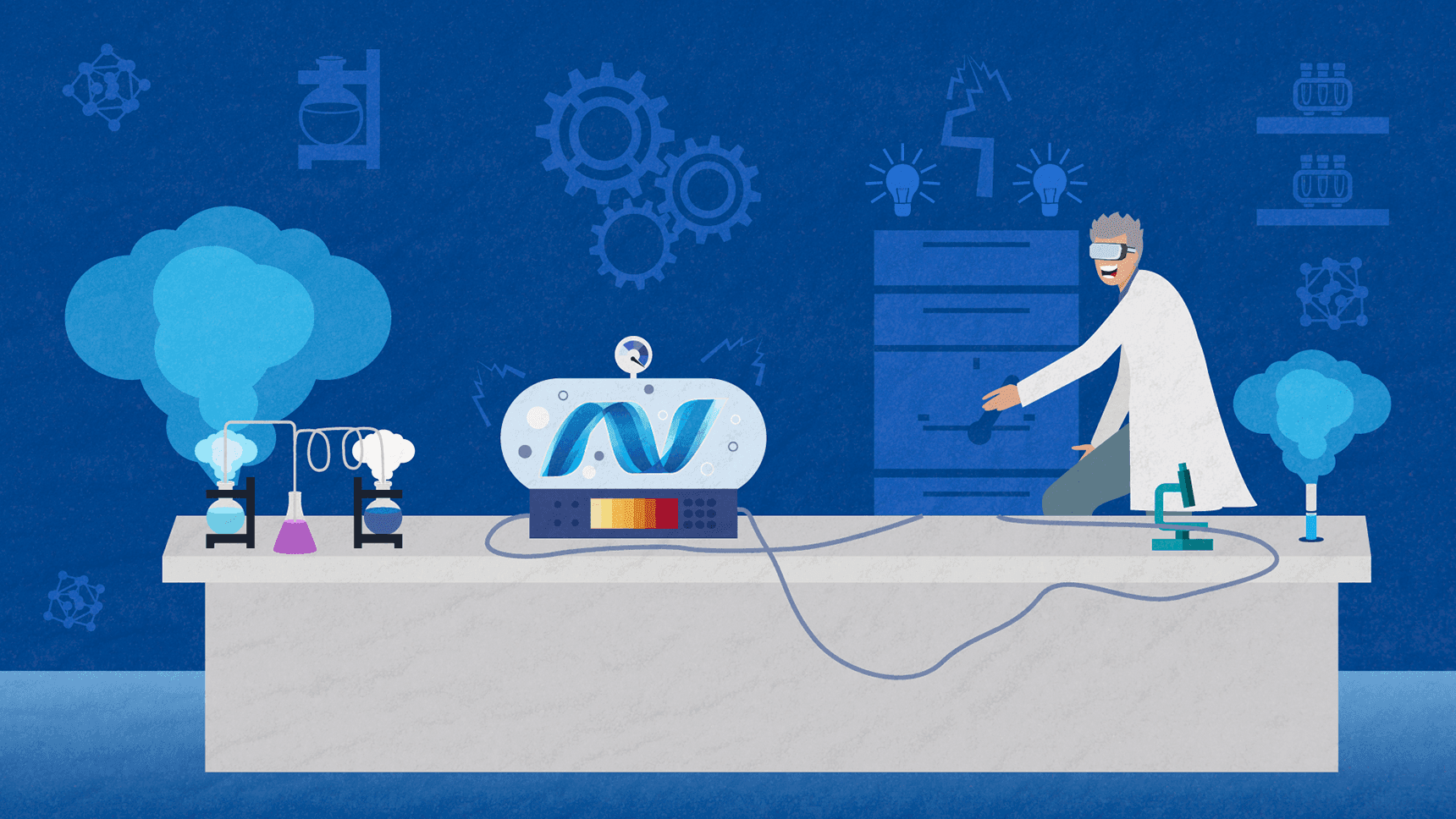What is ASP.NET, How Does it Work, and What are the Benefits?

As a web and app development company,Share IT is responsible for creating code that “tells” websites and application how to operate. In our company, we usually build apps, services, and websites from the ground up, which means that we pay extra attention to how our products are going to communicate with the end-users.
In order to ensure that our solutions actually meet our clients’ needs and preferences, we use a wide variety of different coding languages and frameworks.
In this particular article, we would like to talk about ASP.NET, one of the most important weapons. We are going to cover all the basics about this particular product and explain why we use it for creating custom solutions.
So, without further ado, let’s jump right in.
What is ASP.NET and How Does it Work?

ASP.NET is an open-source, server-side web application framework. It was created by Microsoft at the beginning of the century and it runs on Windows. ASP.NET makes it possible for developers to create web applications, web services, and dynamic content-driven websites. It is used for creating solutions based on HTML5, CSS, and JavaScript that are simple, fast, and can scale to lots and lots of users.
The Dot Net technology is still widely used in the corporate sector. Since Share IT works with a lot of enterprise-level business, we tend to look at ASP.NET as our golden goose.
ASP.NET is made out following components:
- Language - a number of different programming languages that exist in the .net framework. For example, languages like VB.net and C#, which are used for developing apps
- Library - a base full of different classes of libraries that have all the necessary components which developers use to produce websites and web-based apps
- Common Language Routine - also known as CLI (The Common Language Infrastructure); This is a platform on which Dot Net programs are executed on. Developers use it for running key activities like exception handling and garbage collection.
Using ASP.NET is, to say the least, interesting. Within this framework, developers can separate the design from the code, which makes it easier for them to maintain the ASP.NET app.
In addition, coding with ASP.NET allows them to control state management, which tends to be a nightmare to code. With ASP.NET, developers can also implement the concept of caching. The performance of the application can be significantly improved if pages which are often requested by users - get cached and stored in a temporary location. This enables a faster and better response, thus providing a better user experience as well.
Many companies have invested in MS Windows and so they choose to do their web development within that environment.
However, all that aside, there are many benefits of using ASP.NET for developing websites and apps:
1. Simplicity, Security, and Rich Support
The Dot Net tech solves some essential issues most developers struggle with, such as memory management, security, and exceptional handling.
ASP.NET is built into the familiar Windows server environment, which means that it takes our developers less time to set up and configure their environment; that is, if we compare ASP.NET with the other web development platforms which require unique installation and configuration.
ASP.NET is a quite popular environment. This means that devs can find lots of great resources about it online. Even though this is a free open-source platform, Microsoft has been heavily investing in its development. ASP.NET has a big community that cares about the product and offers support to the companies that run their development through ASP.NET. Simply put, you don’t have to worry about this platform becoming dated anytime soon.
2. Speed

Websites and apps built with ASP.NET have the potential to be a lot faster and more efficient than websites and apps built with PHP and JavaScript, for example. ASP.NET apps are compiled, which in layman's terms means the code is translated into object code, which is then executed. The process takes a small amount of time to complete. After compilation is finished, the code can be executed over and over by the Dot Net platform in almost no time.
The main difference between compiled and interpreted code lies in its execution. The interpreted code is not directly executed by the machine - it first has to be read and interpreted, and then we get to the execution part. Unlike PHP, JavaScript and Ruby (which fall under the “interpreted code“ category), compiled code doesn’t demand that extra step. This usually makes it faster and more scalable for development.
3. Cost-Effectiveness
In addition to everything mentioned above, ASP.NET also helps cut down costs. As you probably know, software development is a pricey game. Back in the day, development companies had to pay for expensive software in order to build applications.
Thank God we can talk about those days in past tense. In 2019, things are looking far better for devs. In today’s world, almost any type of code can be written with the help of free software.
For example, the code for ASP.NET can be produced with the help of simple text editors, numerous programming text editors that you can find and use for free online, and, of course, Microsoft’s very own Ubiquitous Visual Studio app. This app can also be downloaded for free for non-corporate usage.
However, if you have a bigger team, you will need to pay for the license to use the Visual Studio. But the service won’t set you back much. The prices are actually okay when you compare them with other integrated development environments and other programming platforms.
In case you have zero to none funds to spare, you can count on Microsoft’s Visual Studio Code, a lightweight editor that is free for use for everyone, even for larger companies.
Since the 2016’s ASP.NET Core release that made it possible for users to host ASP. NET applications on Linux, macOS, and Windows as well (in addition to the standard IIS), the overall server cost has also been significantly cut down to size. Today, handling serious dev projects on ASP.NET is a pretty reasonable process from a financial point of view, too.
Closing Words
Thank you for taking the time to read our latest blog post in its entirety. We at Share IT sincerely hope it helped you learn more about ASP.NET and all its many benefits.
As you can see from everything written above, ASP.NET is a great framework to use when developing websites and web applications. It is very fast, user-friendly, cost-effective, reliable, and quite popular within the dev community.
The best thing about ASP.NET is that it gives its users full control of their development. This platform can be used for literally all types of projects, regardless of their size and complexity.
If you want to learn more about ASP.NET, feel free to reach out to us and we will do everything in our power to answer all your questions. In case you have a project in mind and would like to discuss it with our development team, contact us today.